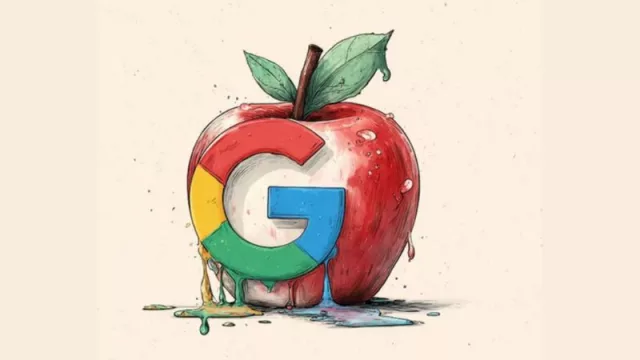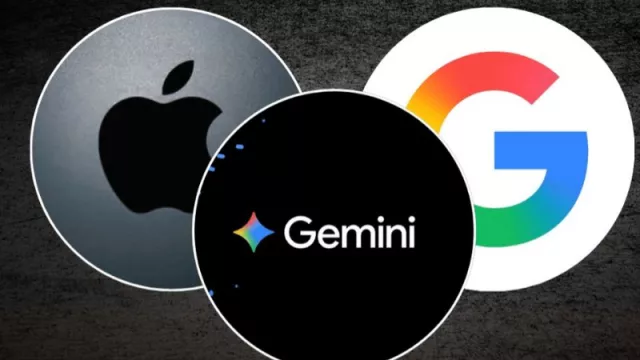The narrative woven around this new generation suggests a future where the digital is the natural. But who really benefits from this transformation? Psychologists, anthropologists, pediatricians, and educators are sounding the alarm about the growing technological dependency already manifesting in teenagers. The inability to coordinate tasks without apps and the regression in skills like reading and concentration confront us with a fascinating phenomenon: Are we empowering or limiting the new generations?
Nowadays, it’s clear that constant connectivity to mobile devices has created a gap in dialogue and conversation. Children of Generation Alpha appear in photos surrounded by technology, but where are the moments of free play and creativity without devices? The premise that digital is an advancement seems to overshadow the fact that, on this path, we might be sacrificing essential skills for their development.
The challenge we face is monumental. While teachers, journalists, and entrepreneurs align with the pro-tech narrative, the question persists: Is it really progress for the new generations to lack attention and reading skills? The hyper-augmentation of anxiety and focus disorders doesn’t seem like achievements worth celebrating.
In a context where few dare to challenge the norm, the culture of "don’t be old-fashioned" prevails. The new generations, despite their technological savvy, are deprived of fundamental skills like reading and manual work, pushed to the sidelines by robotics that simplify what should be a vital learning process. The cost of this dependency is high, and behind it lies a shrewd market strategy: Is it so hard to recognize that when a service is free, the real product is us?
In Silicon Valley, a mural proclaims: "On the internet, when the service or product is free, the business is you." This mantra invites us to reflect on the price we pay for our constant connectivity. Generation Alpha challenges us to rethink our priorities: Will we be able to guide them toward a future where technology enhances their humanity instead of replacing it? It’s a call for humanization in this digital age.
Something to Ponder:
Why are photos of Generation Alpha always showcasing multiple tech gadgets? Why aren’t the kids simply present?
Are we aware that by believing it’s progress for everything to be digital, we’re not seeing the regression that comes with it?
Two Notes on the Vital Importance of Reading Today:
15 Benefits Explaining Why Both Children and Adults Should Read Much More in This New Era (based on research by expert Rita Carter).
Influencers join scientists, educators, and artists in promoting more reading (why is it so important to increase this practice?). Here, society has fallen into a significant trap of distortion; “don’t be old-fashioned” is the premise. Of course, the new generations know much less about maintaining a farm, doing manual work, reading, and writing on paper because technology simplifies it, yet we depend on technology and those who "sell and provide" it.
Is it so difficult to realize that behind it all lies a strategy on how to sell us more?
-
Generation Alpha, made up of the children of millennials born between 2010 and 2025, is growing up in a completely digital environment. This generation is the first to be surrounded by technology from birth, significantly influencing their educational, social, and cultural development.
-
The children of Generation Alpha, numbering nearly 2.5 billion, experience a world where artificial intelligence and digital devices are omnipresent. This contrasts with previous generations, like Generation X, who were still familiar with analog technologies. The COVID-19 pandemic has also marked their lives, pushing them into a highly technological and virtual environment for interactions.
-
Although they receive emotional support from their parents, the constant presence of technology can limit the quality of this interaction. However, AI is beginning to play a crucial role in their education, promoting personalized learning and emotional intelligence. As they grow, they will face challenges such as difficulty concentrating and immediacy in communication.
Generation Alpha is shaped by technology from the start, promising to have a profound impact on how they interact and learn in the future.
The Challenge of Immediacy and Concentration
One of the distinctive features of Generation Alpha is their relationship with information. From a young age, they are exposed to a flood of audiovisual content that, while stimulating, also presents significant risks. Immediacy and information overload can hinder their ability to concentrate and develop sustained attention. This phenomenon affects not only their academic performance but also their interpersonal relationships and emotional health.
The Influence of the Family Environment
Today, many Alpha children are raised by millennial parents who, while more aware of the importance of work-life balance, can also fall into the trap of technology as a substitute for emotional attention. The omnipresence of digital devices can limit the quality of family time, creating a void that face-to-face interactions cannot fill.
Towards a More Human Education
In this context, it is essential that the education of this generation extends beyond mere information transmission through screens. We must foster learning that integrates experiences in nature, physical activities, and the development of social skills. Including spaces for reflection, creativity, and unstructured play is crucial to counteracting the negative effects of hyper-connectivity.
Redefining the Relationship with Technology
This is not about demonizing technology, but rather teaching Generation Alpha to use it mindfully and in balance. Encouraging children to disconnect, explore nature, and engage in activities that promote human interaction can help them develop an identity that isn’t solely defined by their access to digital devices.
A Future of Possibilities
As Generation Alpha moves into adolescence and adulthood, it is imperative that they are given the opportunity to experience a more balanced world. Connection with nature, the development of emotional and social skills, and the promotion of conscious technology use are fundamental steps to ensure that this generation is not only competent in the digital realm but also deeply connected to their humanity.
In conclusion, rather than pigeonholing Generation Alpha into a stereotype of "digital natives," we should view them as a generation with the potential to redefine their relationship with the world. With the right guidance, they can be the generation that, amidst technology, chooses to return to the natural, the human, and the authentic.
IG: @infonegociosmiami
Registrate sin cargo, ahora, aquí.












Tu opinión enriquece este artículo: